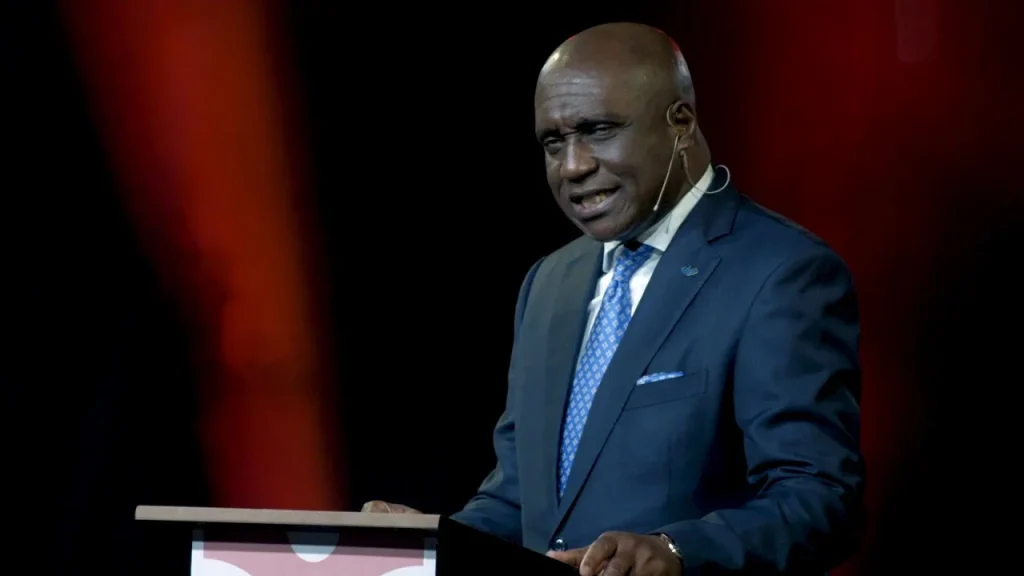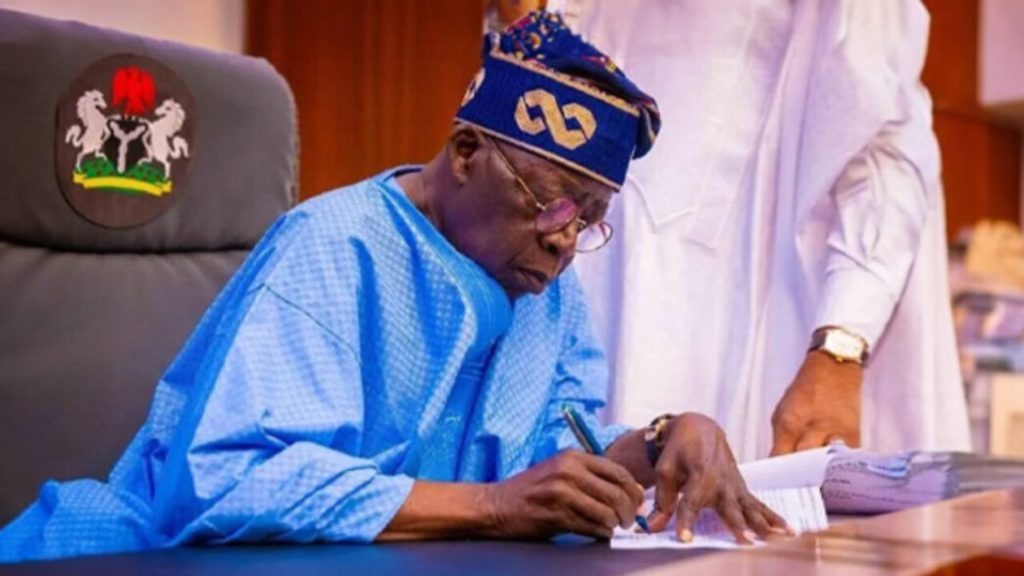The Nigerian House of Representatives is currently debating a controversial bill proposing a single six-year term for the president and state governors. The bill, introduced by 35 lawmakers known as ‘The Reformers,’ also includes provisions for rotating the presidency among the six geopolitical zones and creating a second vice president position.
Ikenga Ugochinyere (PDP, Imo), a member of the group, stated that the proposed changes aim to address regional agitations, reduce governance costs, and promote national unity. If passed, this bill would replace the current system that allows for two four-year terms.
The bill has generated significant anxiety and mixed reactions among the House members and the public. While some lawmakers have refrained from commenting due to the sensitivity of the issue, others have voiced their opinions.
Diverse Reactions from Nigerians
Support for the Bill:
- Pa Dele Alake, an octogenarian, believes the single six-year term would lay a more reliable foundation for the country, reducing the influence of entrenched politicians.
- Dr. Abayomi Arabambi, National Publicity Secretary of the Labour Party, supports the bill, arguing that it would reduce the pressure to seek a second term, thus reducing corruption and ensuring more focused governance.
- Otunba Tayo Onayemi, Convener of the Yoruba Commitment Forum, agrees, stating that a single term would curb over-ambition and reduce election-related corruption.
Opposition to the Bill:
- High Chief Peter Ameh, spokesperson for the Conference of United Political Parties (CUPP), argues that Nigeria’s issue is not the term length but the quality of leadership and the need for accountability.
- Comrade Emmanuel Onwubiko, National Coordinator of the Human Rights Writers Association of Nigeria (HURIWA), sees the bill as a misplaced priority, emphasizing more urgent issues like insecurity and economic decline.
- Chilos Godsent, President of the Igbo National Council (INC), fears that a single six-year term would encourage massive corruption as officials would rush to exploit their limited time in office.
Mixed Views:
- Hon Stephen Adewale, former Ondo State Chairman of the ADP, supports a single term but suggests five years instead of six, citing better outcomes from similar systems in other institutions.
- Hon Kennedy Peretei, Publicity Secretary of Ondo State PDP, believes that regardless of the term length, the key issue is the sense of duty and accountability of the leaders.
Youth and Public Opinion:
- NANS, the National Association of Nigerian Students, strongly opposes the bill, viewing it as anti-democratic and threatening to mobilize protests against it.
- Mrs. Titilola Ojulangbe, a trader, and Mrs. Ajayi Modupe, a public servant, expressed that the effectiveness of governance, not the term length, is what truly matters.
Expert Opinions
Professor Olugbenga Oke-Samuel, Dean of the Faculty of Law at Adekunle Ajasin University, suggests that Nigeria needs local, creative solutions to its unique problems, indicating that a single term may not address the core issues.
Chief Emeka Diwe, President of the Association of Igbo Town Unions, believes that integrity and the eradication of corruption are more critical than term length, advocating for leaders with proven track records of honesty and effectiveness.
Conclusion
The debate over the Six-Year Single Term Presidency and Governorship Bill reveals deep divisions among Nigerians. While some see it as a pathway to better governance and reduced corruption, others fear it could exacerbate existing problems and divert attention from more pressing issues. The outcome of this bill could significantly reshape Nigeria’s political landscape, making its progression a topic of keen interest and scrutiny.



